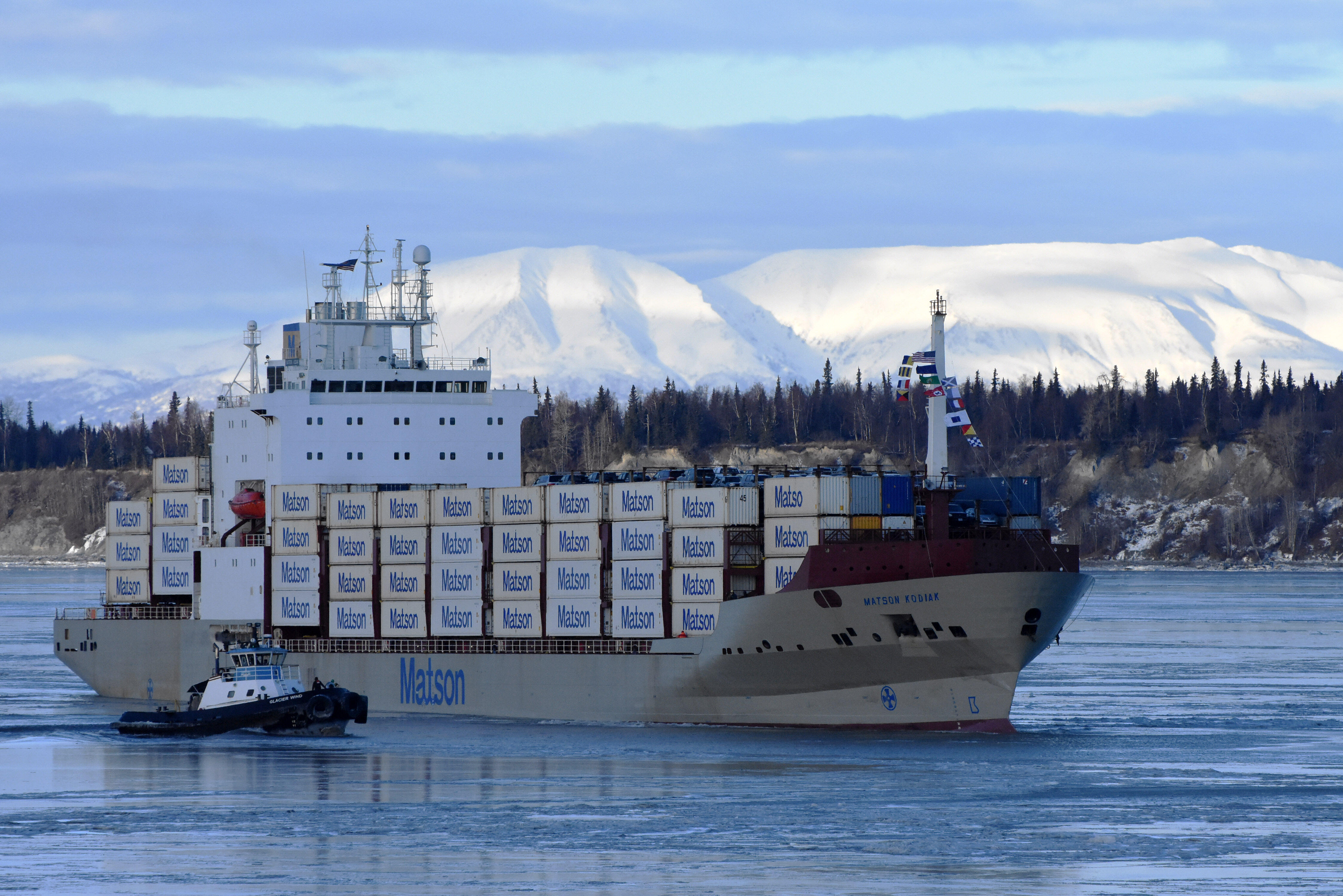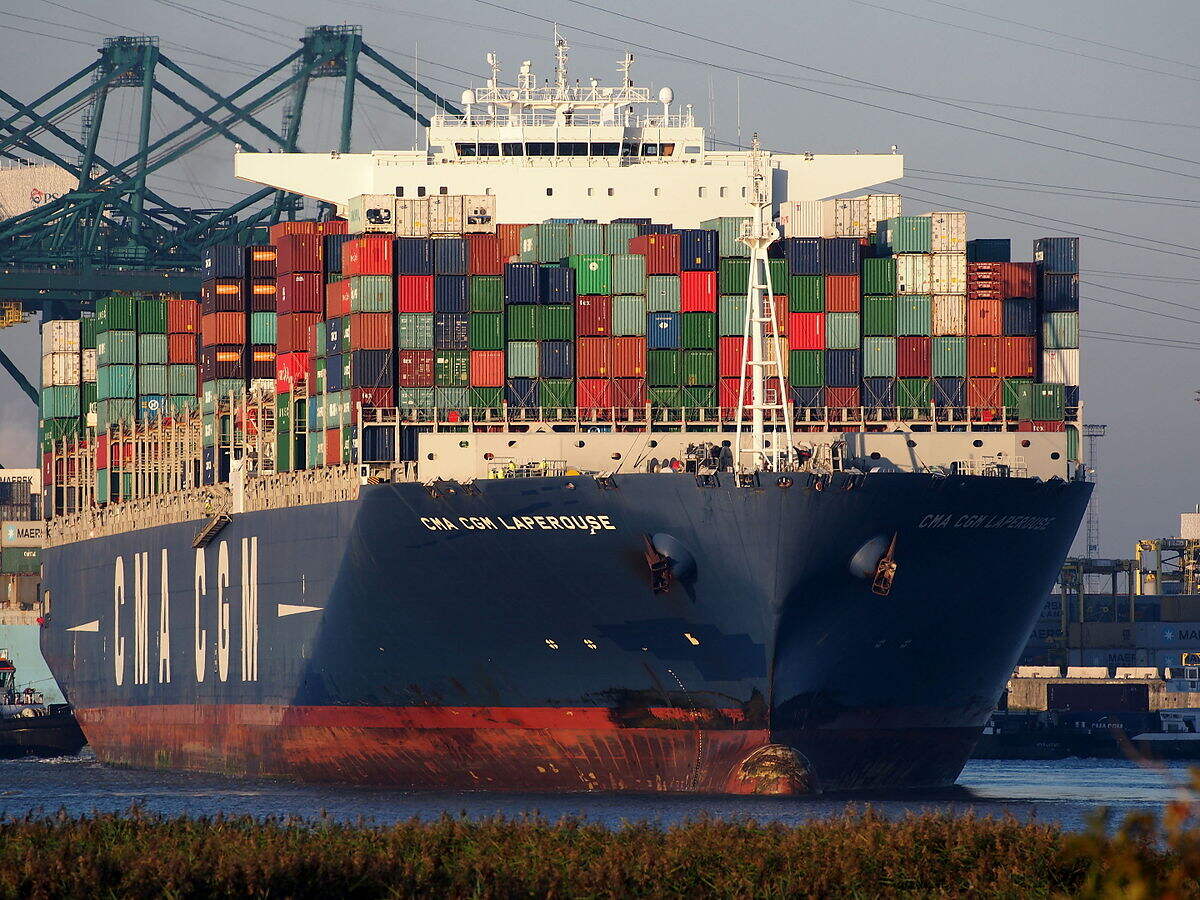ocean freight shipment
Ocean freight transportation is one of the most important elements in the world of trade. It is used for the shipping of goods across oceans. Large volumes of trade are moved late on a daily basis by ocean freight. It moves cargoes this way for several reasons one is its cheap cost in comparison to other modes of transportation along its route. Technological refinements of ocean freight include container loading equipment. Tracking systems connected directly with GPS satellites or local ground stations to enable operators at a glance to know where their shipments are bound for next and most importantly when they will arrive there; Automated documentation processing--with just-in-time controls to ensure timely release is at hand after completion, giving all associated parties a risk-free guarantee. All sectors, from farming and mining products to consumer goods or cars Safety comes first with ships carrying so many cargos vital not just to domestic markets as in the case of, say, South Asia but also global trade flows too. Ocean freight ships are built to handle just about anything that can be transported in bulk, from raw materials and components right down to finished goods. They come in all sizes too: some are small coastal vessels while others, like container ships, take it upon themselves to ferry around half the world's trades daily. In this way ocean shipping has become an indispensible part of international supply chains and increasingly important as well for commerce between nations such as Japan South Korea Malaysia Indonesia Australia New Zealand and the countries that are members of aseax.


